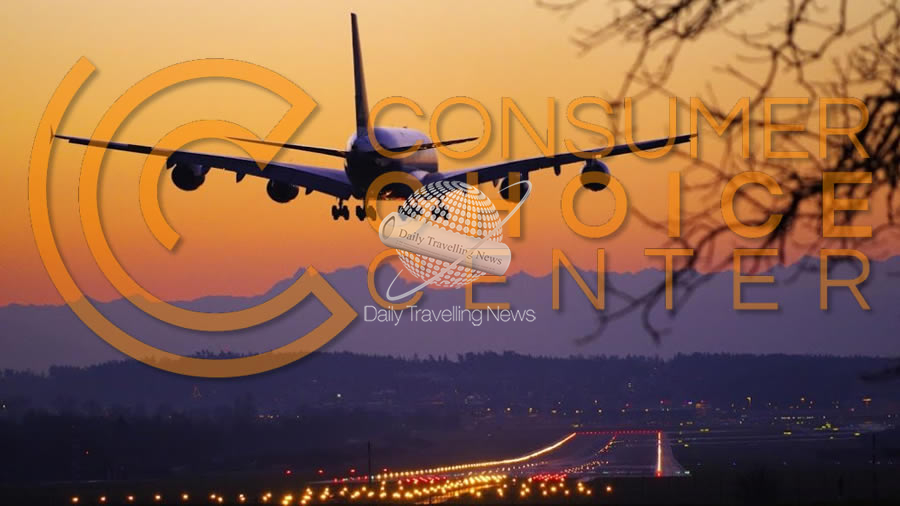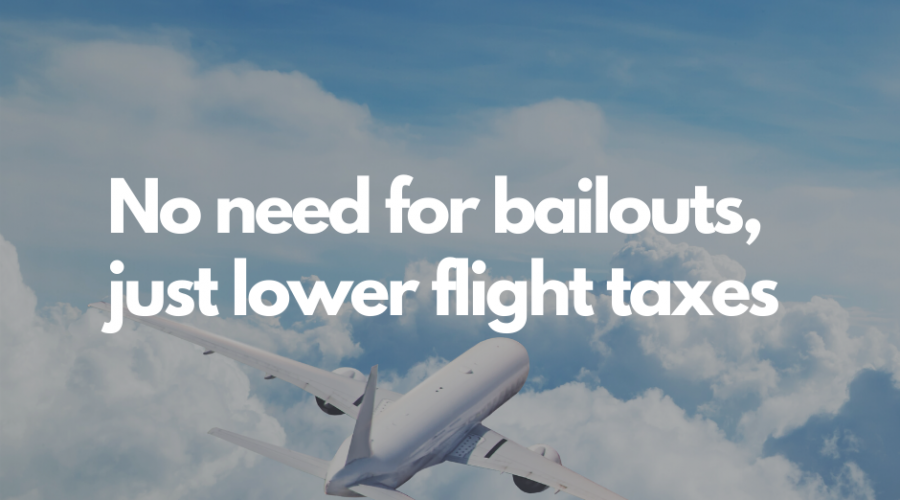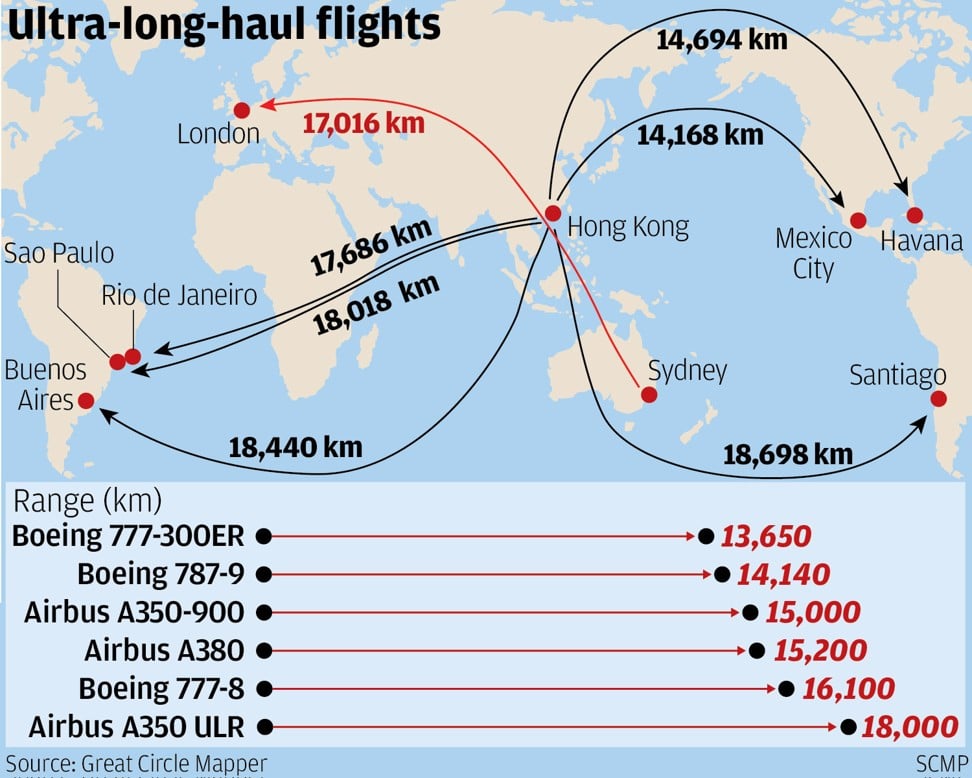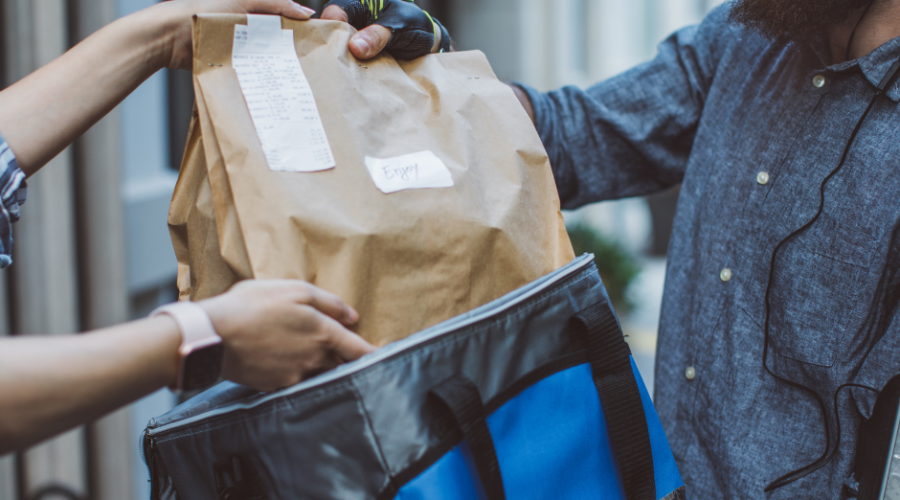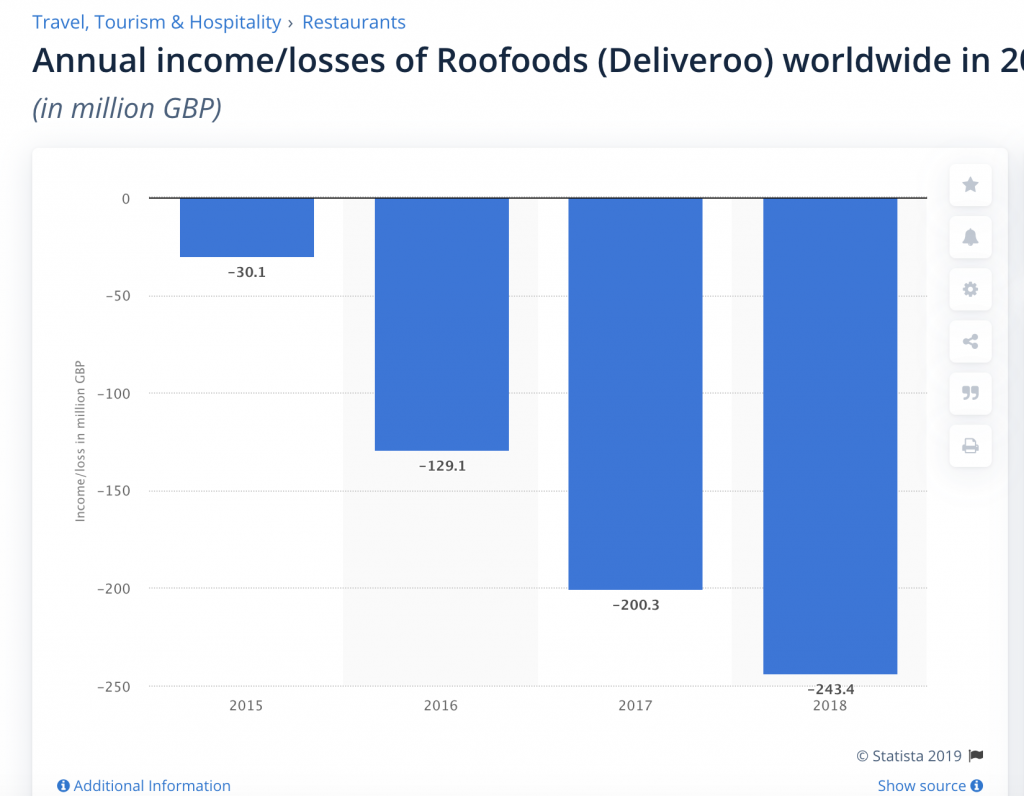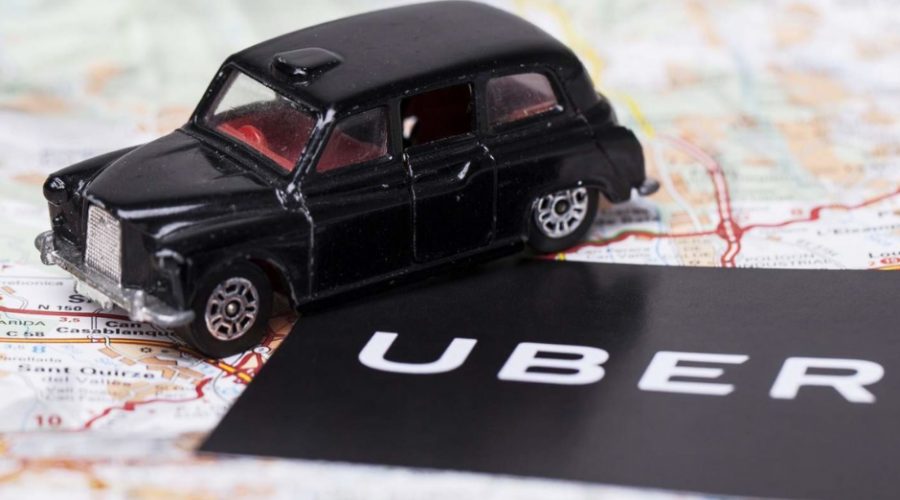Open Letter to Airline CEOs
To the CEOs of Airlines
CC: ICAO, IATA
Open Letter to Airline CEOs: We consumers want to help you, but you need to adhere to the law and allow easy refunds.
Dear Airlines CEOs of the World,
We, as an international consumer group, and consumers who love global connectivity, know full well the devastating impact Covid-19 has had on the airline industry. 2020 has been a tough year for all of us, and our thoughts go out to the airline employees who have been furloughed, fired, or who may still lose their job as a result of the pandemic.
For us consumers, it is extremely important to have a healthy airline industry that allows us to reconnect to the world and bring us back to the skies so we can visit friends and family across the globe.
The years leading up to COVID-19 saw many new regulations and taxes that made it harder for airlines to operate. Even pre-pandemic times saw record numbers of airlines fail. While industry consolidation is something natural and sometimes even good for consumers, trends such as higher taxes and anti-flying sentiments, such as flight shaming, can be attributed to the weaker financial standing of the industry. And then came COVID…
We have been fighting against higher taxes on flight tickets for years and praised the airline industry as a great enabler of consumer choice and globalization. But while 2020 presents us all with challenges from mental health to job security, we also had to learn the hard way that many players in your industry do not care about contracts, the law, and promises made to their customers.
We all have spent too many hours with your call centers this Spring trying to recoup the money we spent on canceled flights. More often than not Airlines have tried to force consumers into accepting vouchers for future trips.
Giving a consumer an option for a voucher is fine. Incentivizing us to take it instead of the cash refund by adding 10-20% extra value to the voucher is even better. We want to keep you afloat and such deals are a way to get our buy-in. BUT denying us refunds, as many of you still do, is not just against the law but also makes consumers angry. How do we know if we are even able to take off next year to go on that long trip we planned for this year? How do we know that your airline will still be in business? Can I get that voucher insured the same way as I had my original ticket insured against your bankruptcy?
We want to be in the air with you as soon as possible, but please do your part and commit to the rule of law and don’t force us to bring you to court. Hundreds of millions of taxpayers across the world are already helping you through government bailouts. We do our part to advocate for fewer levies and taxes paid on airfares and against silly bans of domestic flights, like the ban being discussed in France right now. This will make the sector more competitive and will allow us, consumers, to fly more with you.
We want to help you to stay in business, but you also need to honor existing rules and refund customers. Building trust is not a one-way street and we need to see strong actions from all of you. Let’s put the frustrations we had with your customer service teams behind us, give us our money back (or at least the choice to get refunded), and conquer the skies together once more.
Sincerely,
Fred Roeder
Managing Director
Consumer Choice Center
Originally published here.


